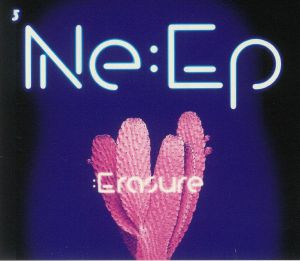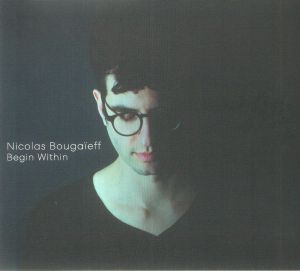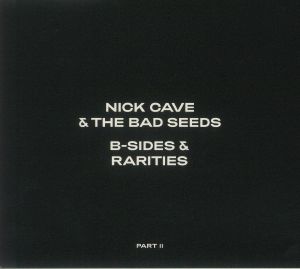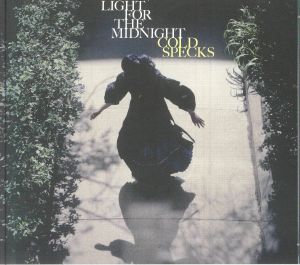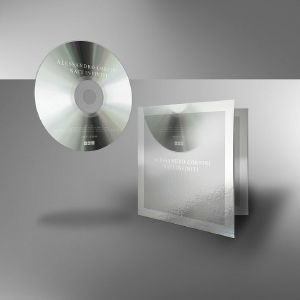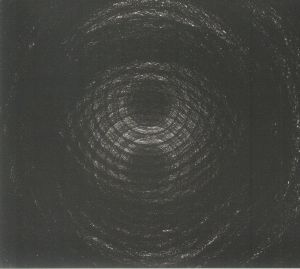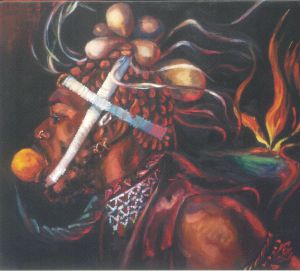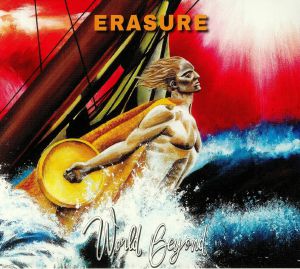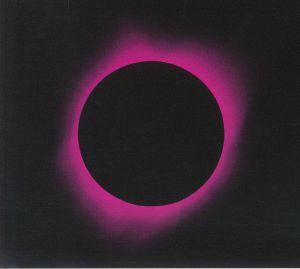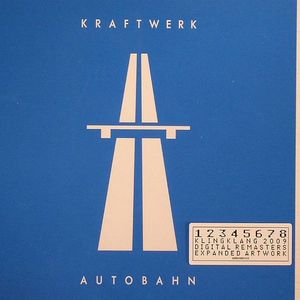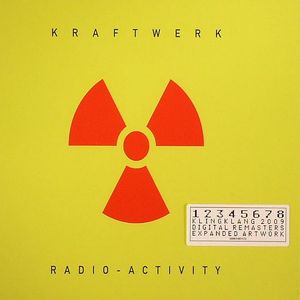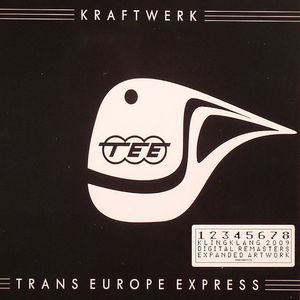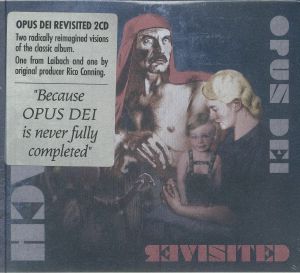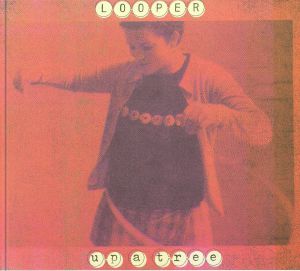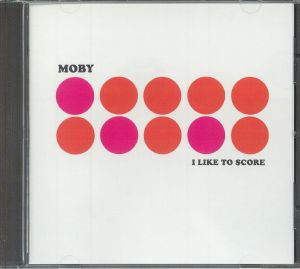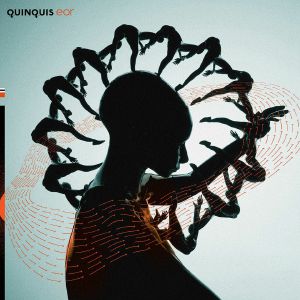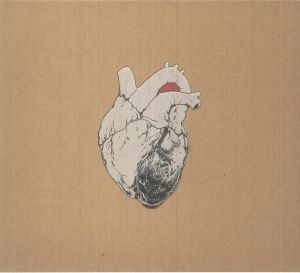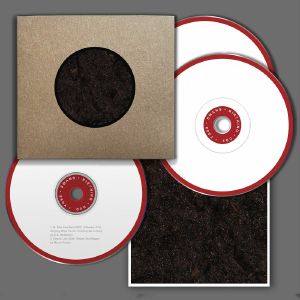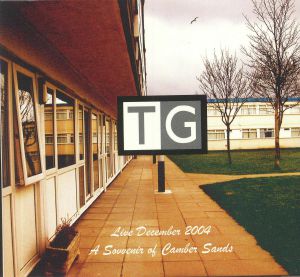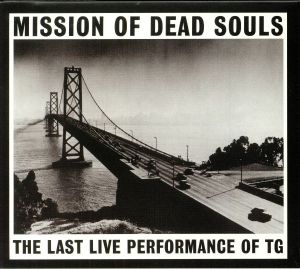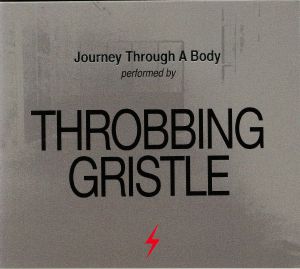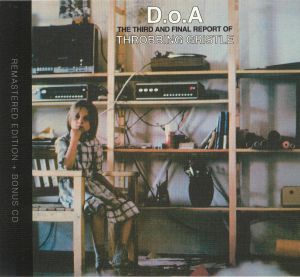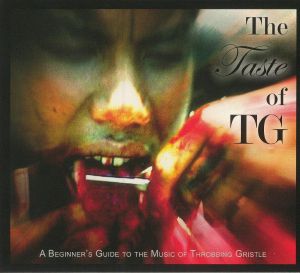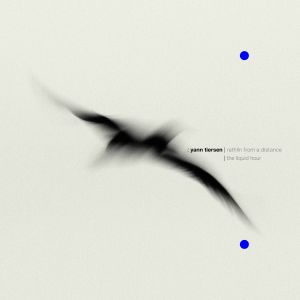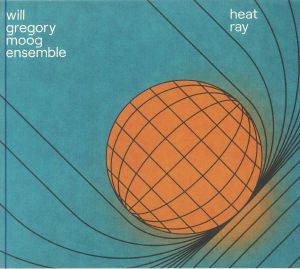Back catalogue: All genres
Juno's full catalogue of All genres
シングル
Review: Vince Clarke and Andy Bell won plenty of praise for their 19th album as Erasure, last year's Neon, with critics praising the analogue-rich, retro-futurist nature of its synth-pop sound. The tracks on this five-track EP, which was mostly recorded during the same period, mine the same pool of vintage synth sounds, some of which are reminiscent not of the pair's early joint works in the 1980s, but Clarke's earlier spell as one of the founder members of Depeche Mode. 'Time (Hearts Full of Love)' and 'Same Game' are both melancholic, stirring and addictive in equal measures, while the bleeping 'Leaving' is pleasingly dreamy. Those seeking more up-tempo, club-ready sounds should head for 'Secrets', a throbbing slab of turn-of-the-80s dance-pop which boasts numerous nods to Giorgio Moroder and Bobby Orlando.
… Read more in stock $8.73
アルバム
in stock $11.26
in stock $11.87
in stock $12.68
Played by: Juno Recommends Ambient/Drone
in stock $12.39
in stock $8.73
Cat: CDSTUMM 477. Rel: 06 Apr 23
Broken Beat/Nu Jazz/Nu Soul
in stock $8.73
in stock $5.92
Review: While Ben Frost's work has long been marked out by deft-touch dark ambient, experimental instincts and clandestine aural textures, he's always thrown in surprise excursions and drawn on musical inspirations that other like-minded producers would fear to embrace. This latter characteristic comes to the fore on Scope Neglect, his first solo set for six years. Remarkably, it utilises the moodiness, weight and ten-ton guitar licks of metal - played by Car Bombs guitarist Greg Kubacki and bass-slinger Liam Andrews of My Disco fame - as a starting point. Frost naturally puts these through the sonic wringer, combining them with his own skittish, IDM-influenced beats, dark ambient soundscapes and razor-sharp electronics. The results are unusual, impressive and emphatically enjoyable, sitting somewhere between timeless electronica, Nine Inch Nails and experimental metal.
… Read more in stock $12.11
in stock $7.88
in stock $13.51
in stock $14.64
in stock $18.59
Transnational (Revisited)
How The West Was Won (Revisited)
The Great Seal (Revisited)
Opus Dei (Revisited)
Opus Dei (remix)
Transnational (remix)
How The West Was Won (remix)
The Great Seal (remix)
Review: Laibach revisits two iconic tracks from their 1987 opus, bringing new intensity to 'Leben heiBt Leben' and 'Geburt einer Nation.' Originally reworked for live performances, these versions merge theatrical drama with sharper sonic edges. The second disc ventures further, with original producer Rico Conning layering remixes that strip back and reimagine the band's audacious sound. This project doesn't just reframe the past; it grapples with it, offering both a homage and a provocative challenge to how we hear Laibach today.
… Read more in stock $10.42
in stock $10.99
Cat: LCDSTUMM 378. Rel: 01 Mar 24
Balearic/Downtempo
in stock $13.80
in stock $6.19
Review: There have been few experimental rock bands who've enjoyed (or perhaps endured) as tumultuous career as Swans. Since forming in 1982, they've broken up, reunited and changed personnel umpteen times, though bandleader Michael Gira has remained the creative force throughput. The Beggar, the band's latest album, is similarly turbulent in tone and approach, with Gira and company offering up sonically detailed, foreboding and off-kilter explorations that offer a more expansive and measured take on their trademark heady and often hallucinatory trademark sound. This is particularly evident on disc two opener 'The Beggar Lover (Three)', a shapeshifting, 45-minute instrumental meditation peppered with found sounds and recycled samples from their Soundtracks For The Blind album.
… Read more in stock $14.09
Review: Epic alert! New York industrial gods Swans' latest single is a 19-minute behemoth that unfurls like an overwhelming emotional landscape. Gira's gravelly voice takes centre stage, enveloped by the steady churn of droning guitars and atmospheric textures that build to a blistering intensity. 'The Healers' and 'I Am A Tower' highlight the band's mastery of long-form tension, each section holding, stretching, and twisting in a way that feels like a momentary release, only to be swallowed by the next wave. It's a slow, deliberate unfolding of sound that's both hypnotic and punishing. This isn't music for the passive listener; it's exhausting yet utterly immersive, teasing out tension and reflection in equal measure. If you didn't know already, consider yoursefl warned.
… Read more in stock $16.06
Cat: TGCD 20. Rel: 13 Dec 19
Industrial/Noise
Review: When Throbbing Gristle performed live at Camber Sands in December 2004, it was an emotional occasion. All four members had reunited for only the second time since 1981 in order to pay tribute to their dear friend and fellow industrial pioneer John Balance. The resulting performance was electric, with the legendary four-piece putting on a dazzling show of doom-laden industrial magic that is still talked about in hushed tones to this day. This double-disc set, which was previously only available as a limited CD-R release in the days following the performance, presents the 90-minute show in full. It's arguably one of the band's strongest live recordings and feels particularly potent given the circumstances leading up to it.
… Read more in stock $13.24
Cat: TGCD 6. Rel: 14 Sep 18
Industrial/Noise
in stock $9.00
Cat: TGCD 8. Rel: 14 Sep 18
Industrial/Noise
in stock $9.00
Cat: TGCD 3. Rel: 06 Sep 19
Industrial/Noise
Review: Throbbing Gristle's second studio album is an essential work that conjures some of the most harsh and nauseating music you can imagine (not a surprise given "Hamburger Lady" is a piece about a patient burned from the waist up and forever contained in a hospital). It was pioneering in texture and technique, and mixes both live and studio recordings into one of the band's most stylistically varied works. Creeping and haunting, confrontational and challenging from front to back, the spoken word samples from children and mutated voices will probably haunt your dreams forever, so listen with caution.
… Read more in stock $12.11
Cat: TGCD 14. Rel: 03 Nov 17
Industrial/Noise
in stock $9.00
Cat: LTGCD 21. Rel: 15 May 25
Industrial/Noise
Review: The then recently reformed Throbbing Gristle's 2005 New Year's Eve performance at Berlin's Volksbuhne pulses with the band's trademark intensity, presenting a vivid snapshot of their uncompromising live ethos, immortalising a key moment in their ongoing evolution, where they intertwine iconic tracks like 'Convincing People', 'Slug Bait', and 'Hamburger Lady' with newer materialigiving a taste of what was to come in their first album in 27 years. The show also marked their first encore in over two decades, a rare treat for fans. As one of the originators of industrial music, their influence looms large, with this performance underscoring their continued commitment to pushing boundaries, both musically and culturally. The shock value of Throbbing Gristle has worn off, but the questions they raised about the nature of art, performance and audience remain compelling, and the music remains as instantly visceral and comfrontational as ever. Their legacy is woven through the dark industrial fabric of countless acts that followed, but the message has always been clear: creativity without compromise is the truest form of rebellion.
… Read more in stock $11.83
Rathlin From A Distance/The Liquid Hour (2xCD with obi-strip)
Cat: CDSTUMM 514. Rel: 27 Mar 25
Modern Classical
in stock $14.64
Cat: CDSTUMM 510. Rel: 07 Jun 24
Experimental/Electronic
Review: The Will Gregory Moog Ensemble's debut album, Heat Ray, is a riveting exploration inspired by the ancient Greek mathematician Archimedes. Recorded on analogue synthesizers alongside the BBC National Orchestra of Wales, the ensemble - led by Goldfrapp co-creator Will Gregory - brings together up to 14 talented players, including Portishead's Adrian Utley and Mute's Daniel Miller. Heat Ray fuses spirals of melody, circular structures, and intricate patterns, drawing inspiration from Archimedes' mathematical principles. The album's genesis during pandemic lockdowns reflects Gregory's deep dive into Archimedes' life, sparked by online lectures. With a lineup boasting instruments like the Minimoog and Prophet 6, the ensemble weaves a stunning superstructure of sounds, guided by Gregory's effervescent spirit of discovery. The result is a splendid blend of ancient history and modern innovation, where musical exploration converges with mathematical curiosity. Heat Ray not only pays homage to Archimedes' legacy but also propels listeners towards an endlessly fascinating future.
… Read morePlayed by: Juno Recommends Experimental
in stock $12.11

 USD
USD






